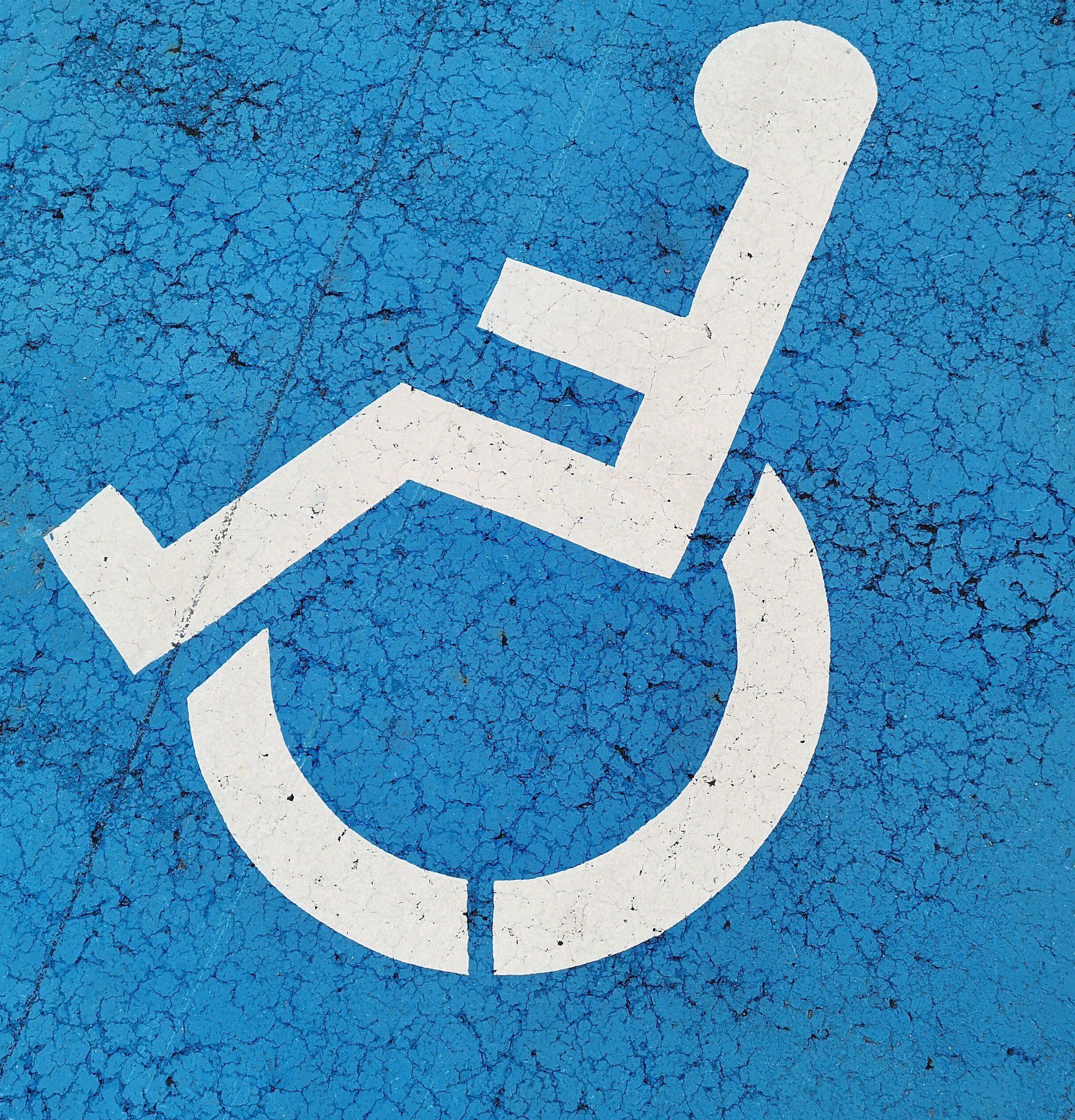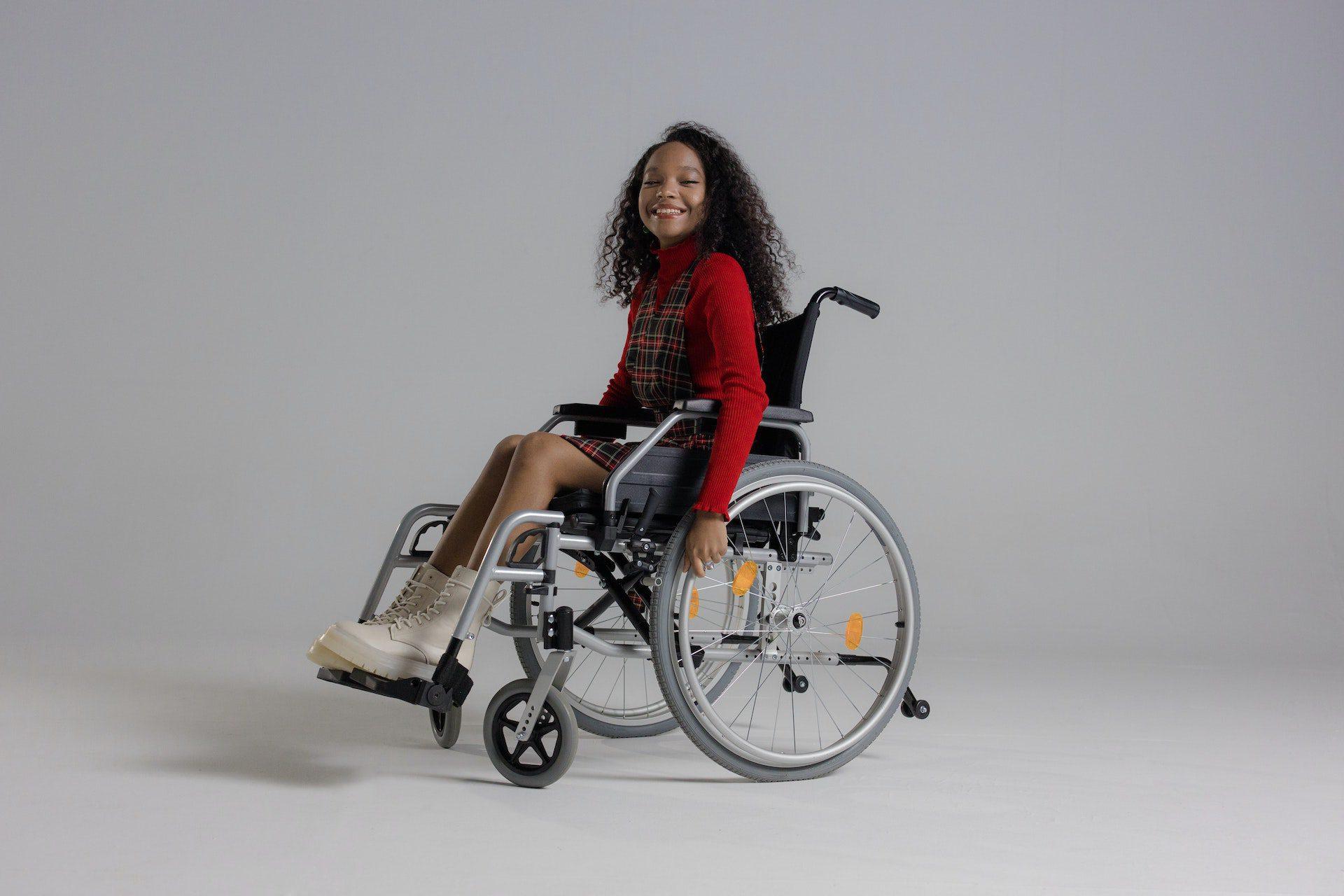Disability Services

Disability Types
There are many different types of disabilities, each with its own unique set of characteristics and challenges. Some of the most common types of disabilities include:
-
Physical disabilities, which affect a person’s ability to move or perform physical tasks. Examples include spinal cord injuries, cerebral palsy, and amputations.
-
Sensory disabilities, which affect a person’s ability to see, hear, or feel. Examples include blindness, deafness, and partial blindness.
-
Cognitive disabilities, which affect a person’s ability to think, learn, and remember. Examples include autism, Down syndrome, and traumatic brain injury.
-
Psychological disabilities, which affect a person’s emotional or mental health. Examples include depression, anxiety, and schizophrenia.
-
Intelectual disabilities, which affect a person’s cognitive functioning and ability to learn.
It is important to remember that every person with a disability is unique and may experience different challenges.
DISABILITY TYPES CONT'D

| Disability | Required Documentation | |
| Attention Deficit Disorder/Attention Deficit Hyperactive Disorder (ADD/ADHD) | Completed information/ verification form by a licensed physician, psychiatrist or psychologist indicating diagnosis, assessment of how diagnosis may limit student in classroom and recommended accommodations. | |
| Emotional/Mental Health | A psychological evaluation performed usually within the past three years, which also should be submitted with the verification form. Usually a psychologist, psychiatrist, a nurse or doctor trained in mental health, or a similarly trained professional can diagnose. Include supplemental materials, such as a psychiatric evaluation. | |
| Learning Disability* | Educational testing completed as an adult OR within three years. The University cannot use IEP information unless it contains the specific testing results. Usually a psychologist or a speech and language specialist conducts these evaluations. Testing is required. | |
| Sensory or Physical Disability | Completed verification form filled out including diagnosis, assessment of how long diagnosis may limit student in classroom and recommended accommodations. If the information the health care professional provides is not specific or missing, the student will need to provide more detailed verification. General temporary illnesses and conditions (e.g. cold, flu, normal pregnancy, and etc.) are not considered for accommodations. Please provide any supplemental materials such as hospital stays and other medical notes that might assist the process. | |
| Vision Impairment | Optometrist, ophthalmologist or physician specializing in conditions of the eyes must complete a verification form including diagnosis, assessment of how long diagnosis may limit student in classroom and recommended accommodations. Include any supplemental materials such as visual tests verifying the condition and recommend accommodations. | |
| Hearing Impairment | Requires the information/verification form to be filled out completely including diagnosis, assessment of how long diagnosis may limit student in classroom and recommended accommodations. Verification requires an audiologist, speech and language pathologist, or physician specifically trained to work with hearing conditions. A copy of an audiogram should be included with the information/verification form. |
*Common Learning Disabilities
Dyslexia – A language-based disability in which a person has trouble understanding written words. It may also be referred to as reading disability or reading disorder.
Dyscalculia – A mathematical disability in which a person has a difficult time solving arithmetic problems and grasping math concepts.
Dysgraphia – A writing disability in which a person finds it hard to form letters or write within a defined space.
Auditory and Visual Processing Disorders – Sensory disabilities in which a person as difficulty understanding language despite normal hearing and vision.
Nonverbal Learning Disabilities – A neurological disorder which originates in the right hemisphere of the brain, causing problems with visual-spatial, intuitive, organizational, evaluative and holistic processing functions.
Please note that Section 504 plans and Individualized Education Plans (IEP), generally established during a student’s high school years, must be accompanied by supporting documents.

